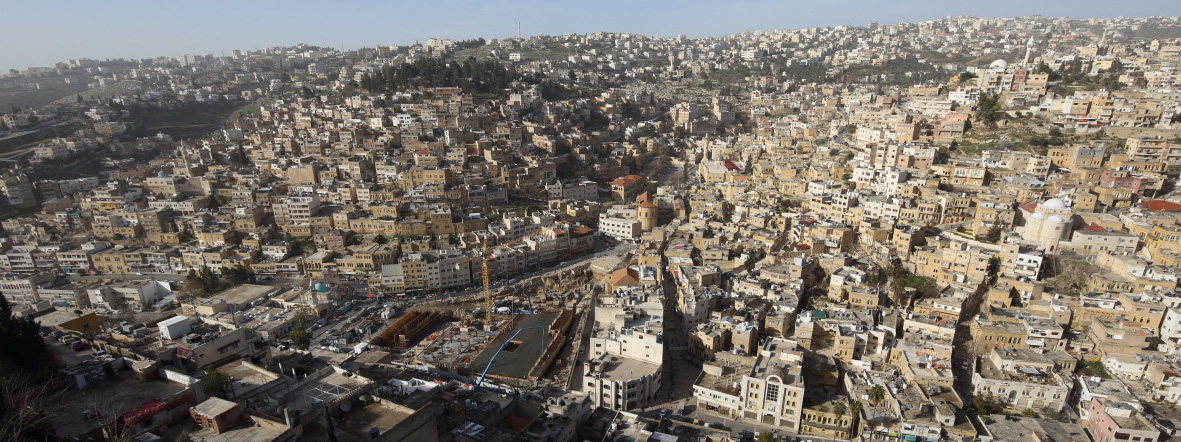Holistic urban and landscape planning towards inclusive, sustainable and resilient cities and human settlements.
The environmental and socio-economic challenges brought forward by the new millennia (i.e. climate change, resources depletion, global recession) have relevant implications for urban areas. Present-day rapidly growing, polluted and polluting global cities alter the natural environment and generate new hazards, while producing increasing socio-spatial fragmentation and inequalities that affect especially the most vulnerable and marginal groups, such as women, youth, immigrants, cultural minorities and the one billion slum dwellers of the world.
This plight calls for new holistic, context-sensitive and participatory approaches to the development of human settlements, encompassing all dimensions of sustainability and helping to mainstream climate change, socio-economic and human rights concerns into urban and landscape planning.
Spatial planning is also a valuable resource for Disaster Risk Reduction and for sound Post Disaster reconstruction processes based on preventive approaches and on the valorisation of local natural and human resources and knowledge. By involving people in the management of their living environment, sustainable spatial planning can act as a peace-building force in conflict areas and detains an enormous potential for reconciliation in post-conflict situations.
By improving urban and environmental management, guaranteeing access to basic services for all (i.e. adequate housing, water and sanitation, sustainable energy and transport system), reducing socio-spatial inequalities, protecting relevant architectural heritage, promoting sustainable construction industry and land use, implementing preventive planning in disaster prone areas, urban and landscape planning can play a pivotal role in ensuring the sustainability and resilience of human settlements and improving the quality of life of their inhabitants.
- Empowering local communities for sustainable just societies
- Spatial Planning and Community Participation
- Water and Sanitation, adequate and Affordable Housing
- Sustainable and alternative economies
- Social Cohesion, Youth and Women Empowerment, Gender Equality

